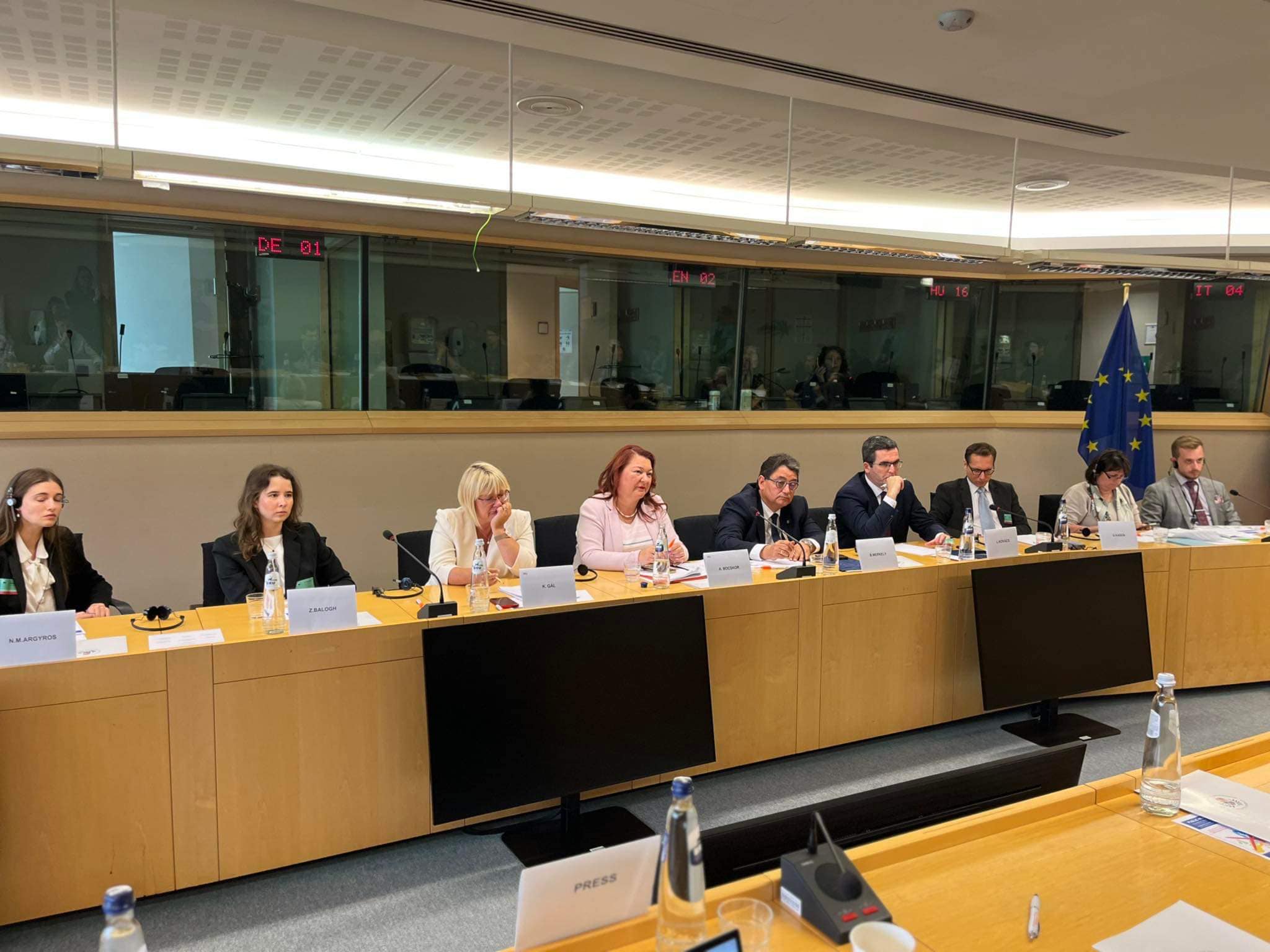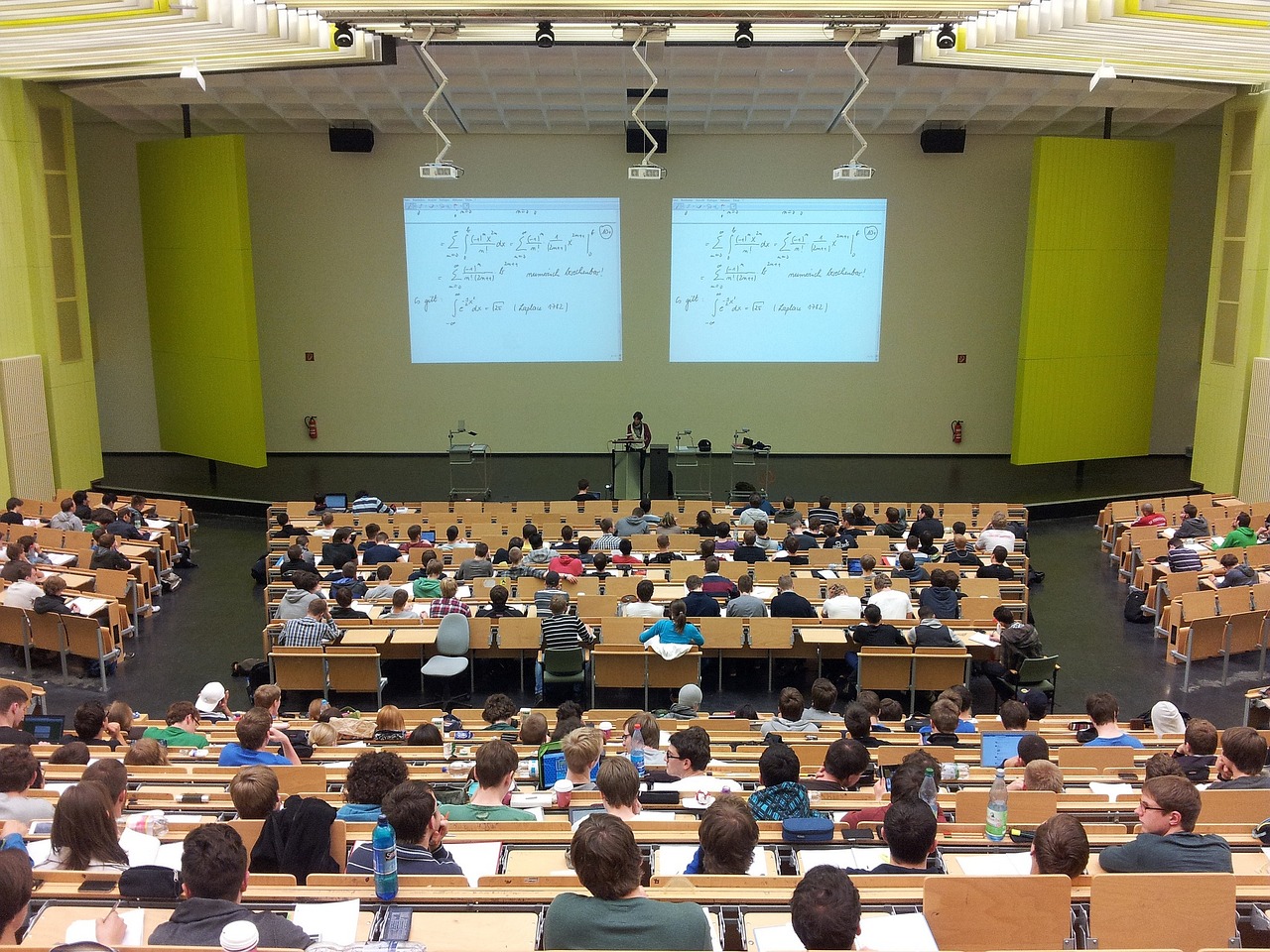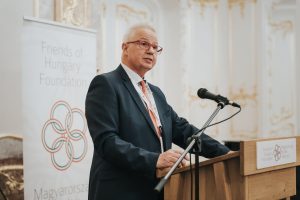
Fidesz delegation president Kinga Gál rejects political blackmail.Continue reading

László Trócsányi, former Minister of Justice and current Member of the European Parliament (Fidesz), recently published an opinion piece in Magyar Nemzet on the debate concerning the exclusion of Hungarian students from the EU’s Erasmus+ program, which is under the authority of the European Commission.

László Trócsányi Photo: Hungary Today
The European Commission announced in January that Hungarian universities that operate as public trust foundations or are maintained by such foundations will not receive fresh grants from the EU-funded Erasmus+ exchange and Horizon Europe research and innovation programs. The universities were targeted by the EU because “their operating model did not ensure the transparent management of EU funds, as neither public procurement nor conflict of interest rules applied to them.”
László Trócsányi, who is also an academic professor, pointed out at the beginning of his article that the European Parliament has consistently expressed concerns about state of Hungarian democracy and the rule of law since 2010.
However, more than ten years on, it has become clear that the debates are not so much based on professional considerations as on ideological rifts,”
he wrote.
One of the recent debates is the issue of academic freedom, which is indeed an important and sacred area, because academic freedom can only be discussed with due respect and consideration, stated Trócsányi. He added that this respect is sadly lacking on the part of the European institutions, and this is how the situation has come about to the detriment of those involved in Hungarian higher education.
According to the politician, even in the difficulties of different centuries, young Hungarians have shown an interest in the challenges of the times and the European responses to them, and have spent effort and money visiting European universities. Armed with the knowledge they had acquired abroad, they were then able to play an active part in Hungary’s development. “They were influenced by the cultures and languages they learned, just as they were able to promote our country abroad. This is part of the diversity and variety that makes Europe strong. It is precisely for this reason that we should expect the European institutions to respect Hungarian universities and not to make their situation more difficult by irresponsible decisions.”
The MEP pointed out that the free countries of Europe were not concerned about Hungarian academic freedom when it was shattered under communism.
Fortunately, with European integration, the way was opened for academic freedom, and serious teaching and research started with various European universities.
Trócsányi wrote that the Hungarian government has recently implemented a model change in order to increase the competitiveness of universities, and that this reform and the strengthening of university autonomy are steps towards increasing the opportunities for students and the competitiveness of institutions. “However, universities were subsequently hit out of the blue when European Commission politicians suspended Erasmus funding for students and staff at those institutions that switched models. They also froze the participation of Hungarian researchers in EU Horizon programs.”
According to the politician, this decision has damaged the ideal of freedom of scientific and cultural dialogue in Europe, which Hungary has fought for decades to win.
The European Union now has to explain itself to Hungarian university students, teachers, and researchers.
The decision is seen by Hungarian higher education institutions as purely political. They are disappointed in European decision-makers, for whom culture and education today mean something different from what we thought and believed behind the Iron Curtain.”
Finally, Trócsányi concluded that today, as an MEP, he is witnessing the widening gap between the original vision of the Treaties and the everyday reality of European politics. Equality between Member States is a fine principle, but life and reality show otherwise, he stated.
Featured photo via Pixabay